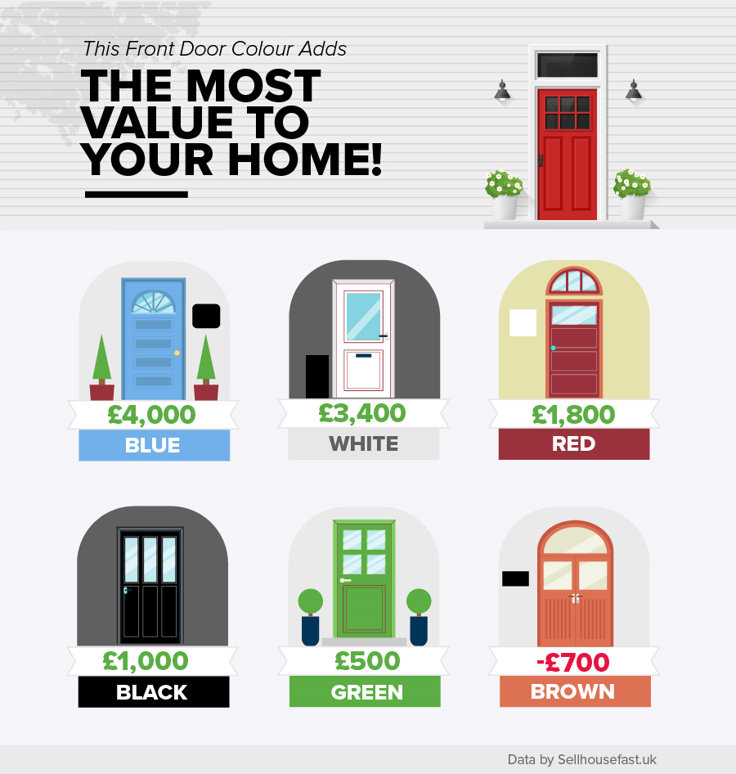
Do You Pay Sales Tax When You Sell a House?
Many UK homeowners are understandably concerned about potential taxes when selling their homes. After all, selling a home is often one of the most significant financial transactions you’ll ever make, and no one wants to be caught off guard by an unexpected tax liability.
So, do you pay sales tax when you sell a house?
In short, there is no “sales tax” on property sales in the UK. However, depending on your circumstances, you may be subject to additional taxes, the most notable of which is Capital Gains Tax. Let’s go over the tax implications of selling a house, including when tax applies and when it doesn’t, as well as any exemptions you may be eligible for.
Is There a Sales Tax on House Sales in the UK?
Unlike in some countries (such as the United States, where a form of sales tax may apply to property transactions), the UK does not levy a sales tax on the sale of residential property. What does exist, however, is Capital Gains Tax, which applies to the profit (or “gain”) made when selling certain types of property.
When You Don’t Have to Pay Tax on Selling Your House
The good news is that many people will not have to pay any taxes when they sell their home, thanks to something called Private Residence Relief.
Private Residence Relief (PRR) means that you will not pay Capital Gains Tax if:
- Throughout the ownership period, the property has served as your primary or only residence.
- You have not rented out any part of the property (except for a single lodger)
- You have not used part of your home solely for business purposes
- The grounds, including all buildings, total less than 5,000 square metres
- You didn’t buy the property to make a profit
So, if you’ve been living in your home as your primary residence and are now looking to sell, you’re most likely exempt from tax due to PRR.
When You Might Have to Pay Tax When Selling Your House
Capital Gains Tax may apply in certain circumstances, even if the property was previously your primary residence:
1. Selling a Second Home or Buy-to-Let Property
If the property is not your primary residence, such as a second home or a rental property, PRR does not apply, and you may be required to pay CGT on any gain realised from the sale.
This is especially important for landlords or those who have inherited property and have decided to rent it out rather than live in it.
2. Letting Out Your Home
Even if the property was your primary residence for a time, renting it out (for example, after moving and before selling) may reduce the amount of Private Residence Relief you qualify for.
However, you may still be eligible for Letting Relief, which can reduce your Capital Gains Tax bill – but only under certain conditions and for periods when the property was also your primary residence.
3. Property Used for Business Purposes
PRR may not cover a portion of your home that you have used solely for business purposes. For example, if you converted your garage into a hairdressing salon and only used it for business purposes, the gain from that space may be taxable.
4. Large Gardens or Grounds
If the grounds exceed 5,000 square metres (just over 1.2 acres), you may not be completely exempt because this is considered more than the “permitted area” for a main residence. This could potentially result in a CGT liability for the excess land.
How Much is Capital Gains Tax?
If Capital Gains Tax applies to your property sale, how much will you have to pay?
Residential property tax rates for the 2025 tax year are as follows:
- 18% on gains within the basic rate income tax band
- 28% on gains that fall within the higher or additional rate income tax bands
You also receive an annual Capital Gains Tax allowance of £3,000 per person for the fiscal year 2025/26 (a reduction from previous years). This means you can earn up to £3,000 before any CGT is due.
For jointly owned properties, both owners can use their allowance separately, potentially shielding up to £6,000 of gain from taxation.
Example: When Capital Gains Tax Applies
Assume you purchased a buy-to-let flat for £200,000 and sold it for £280,000. Your profit is £80,000.
You then spent £5,000 on solicitor fees and allowable home improvements, and you’re a higher-rate taxpayer.
- Total gain = £80,000 – £5,000 = £75,000
- Subtract CGT allowance of £3,000 = £72,000
- Tax owed = 28% of £72,000 = £20,160
You would have to pay £20,160 in Capital Gains Tax.
How and When to Report Capital Gains Tax
If you owe CGT after selling a UK residential property, you must report and pay it within 60 days of the sale’s completion. This applies regardless of whether you are filing a Self Assessment tax return.
You can do this using the UK government’s online Capital Gains Tax service.
Failure to report the sale on time can result in penalties and interest, so it’s critical to be proactive.
Do You Pay Income Tax or Inheritance Tax?
When you sell a home, you are generally not subject to income tax unless the transaction is part of a property development business or trading activity. In such cases, the profit may be taxed as income instead of capital.
Inheritance Tax (IHT) is a separate issue; it applies to the estate of someone who has died, not to a living person selling a home. However, if you inherit a property and then sell it, CGT may apply to any increase in value since the time you inherited it.
Reducing Your Tax Liability: Top Tips
Even if you’re facing a potential Capital Gains Tax bill, there are ways to legally reduce it.
- Use both spouses’ allowances if the property is jointly owned
- Keep receipts for any improvements (extensions, refurbishments), as these can be deducted from your gain
- Consider timing your sale to maximise annual allowances or to avoid exceeding income tax thresholds
- Use Private Residence Relief and Letting Relief whenever possible
If your situation is complex, consult a tax advisor or a property solicitor for personalised advice.
Want to Simplify the Process?
Sell House Fast can help you sell your house quickly, with minimal fuss and no unexpected tax headaches. We buy any house and provide quick, cash-based property sales that cut through red tape, with no estate agents, delays, or stress. Get your free cash offer now.


